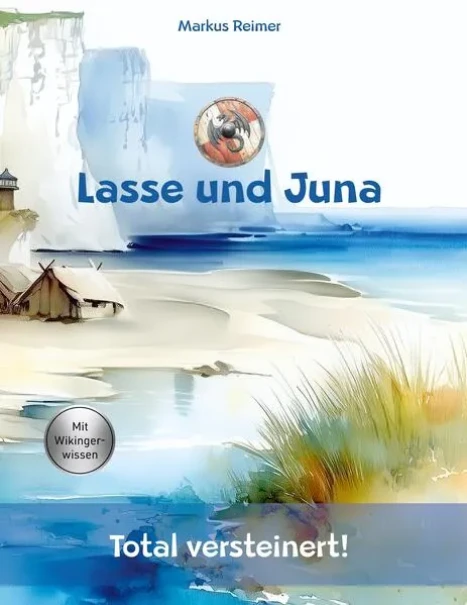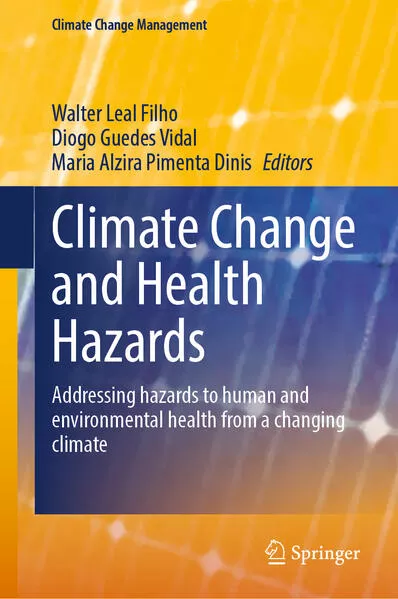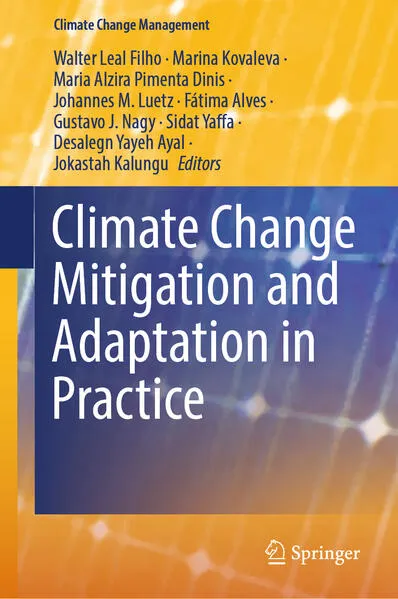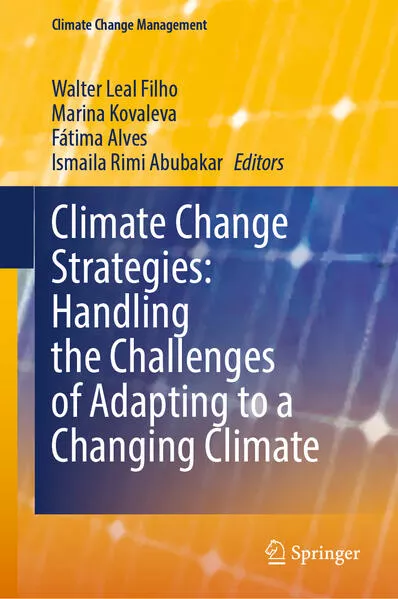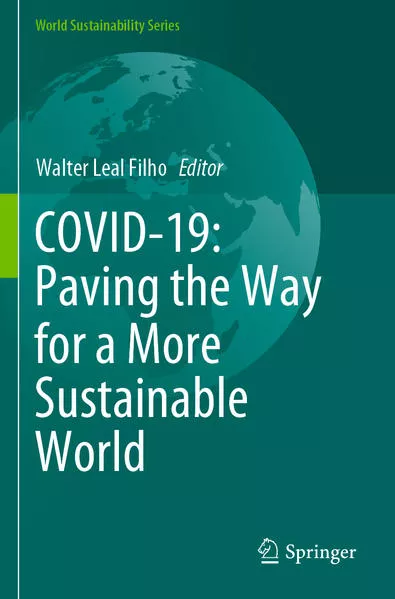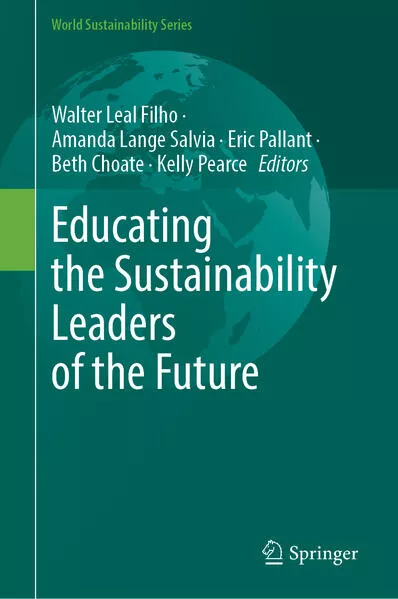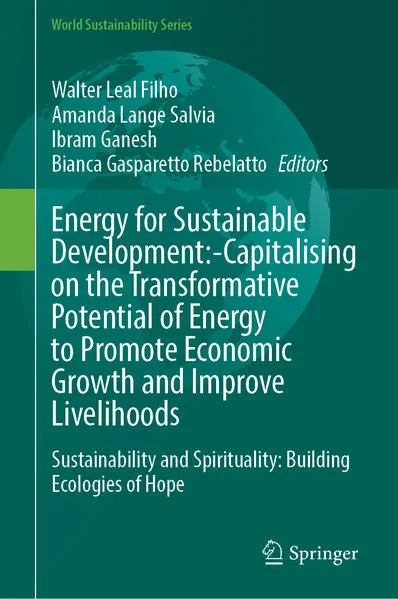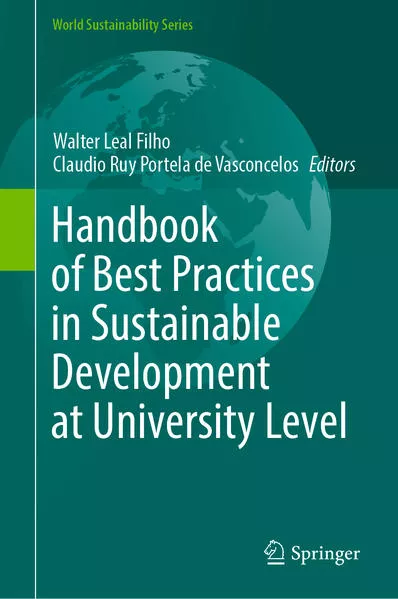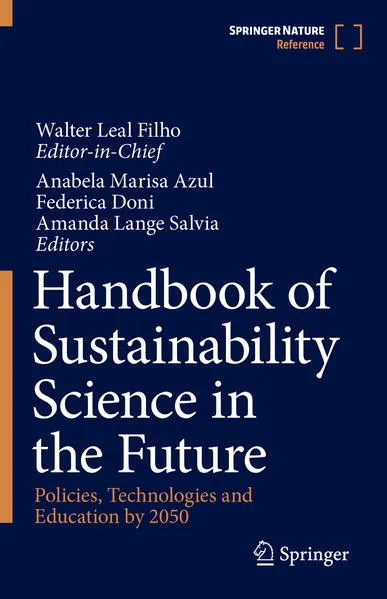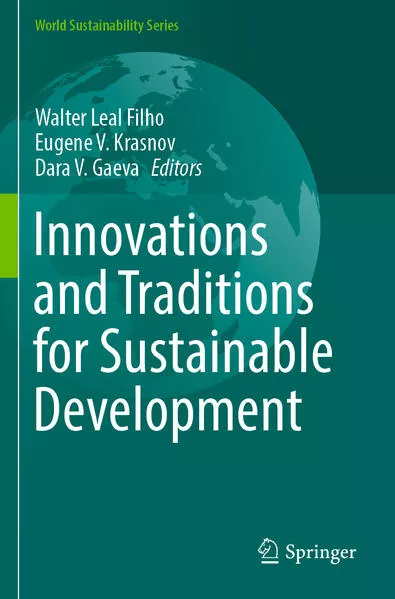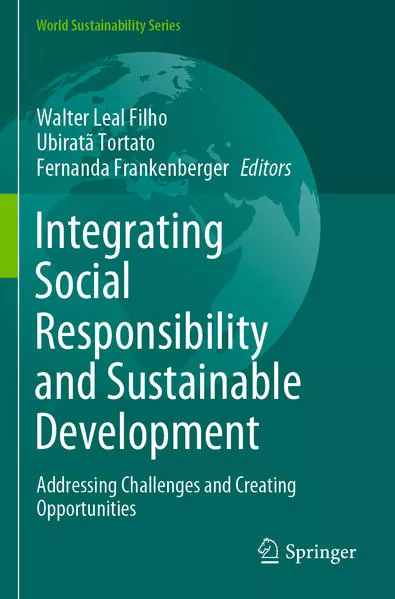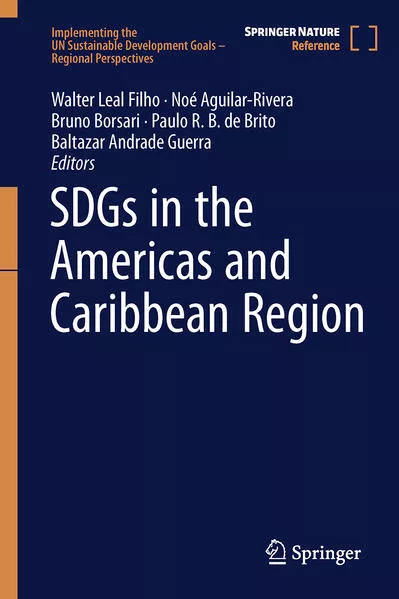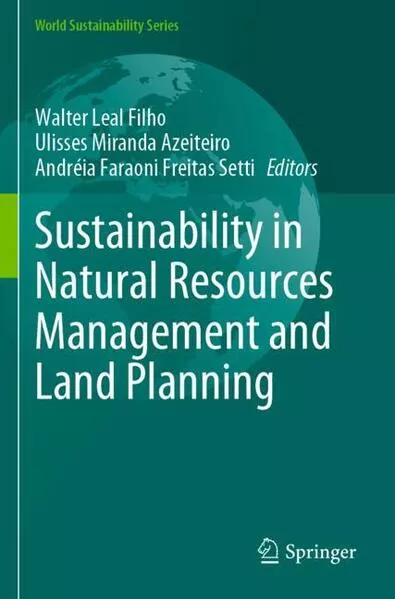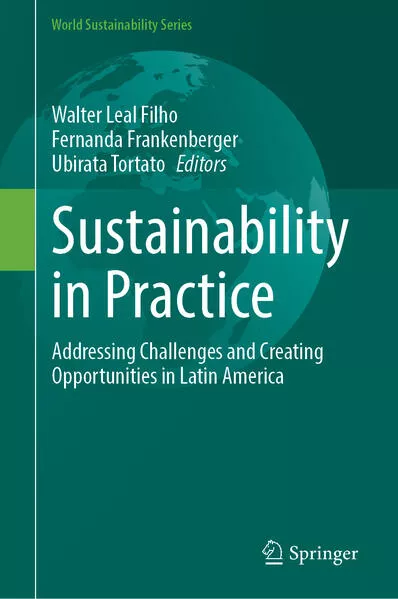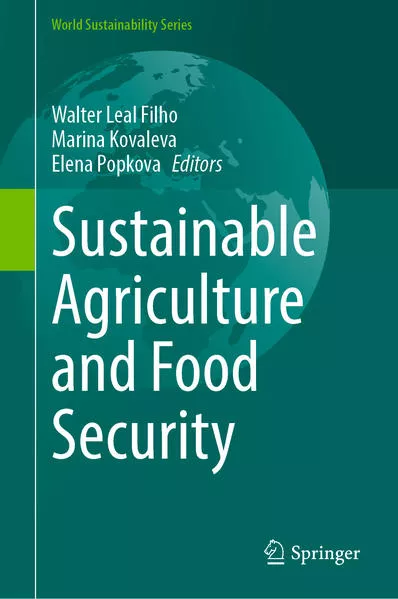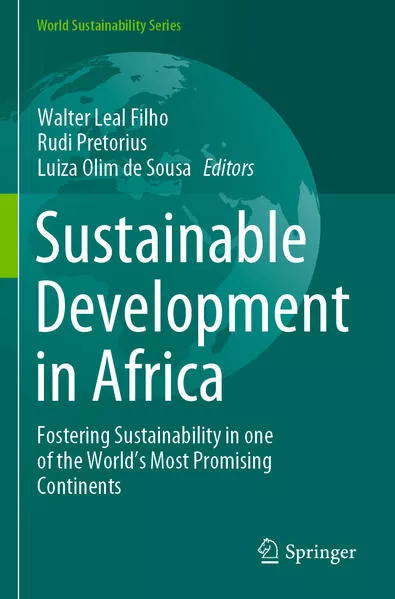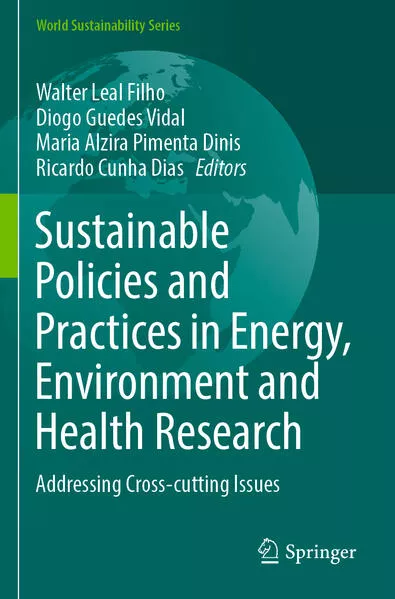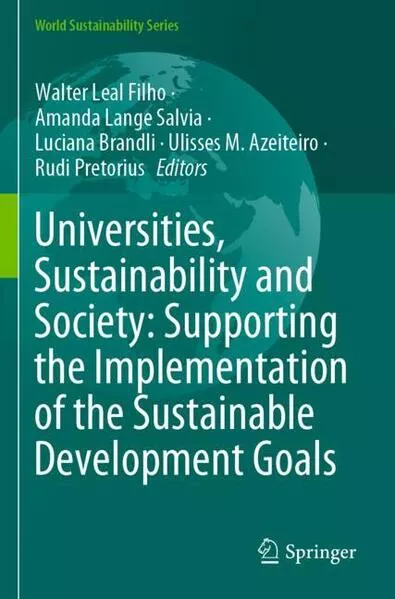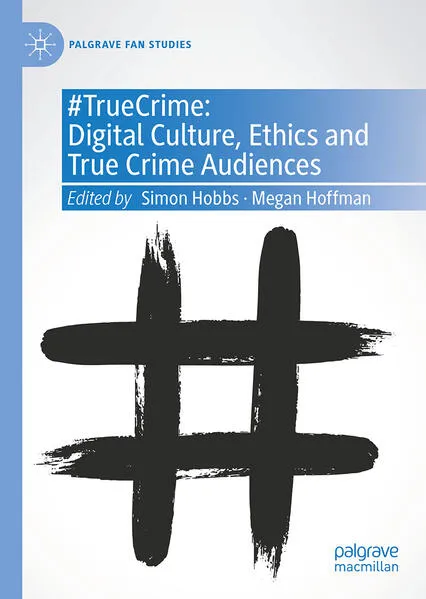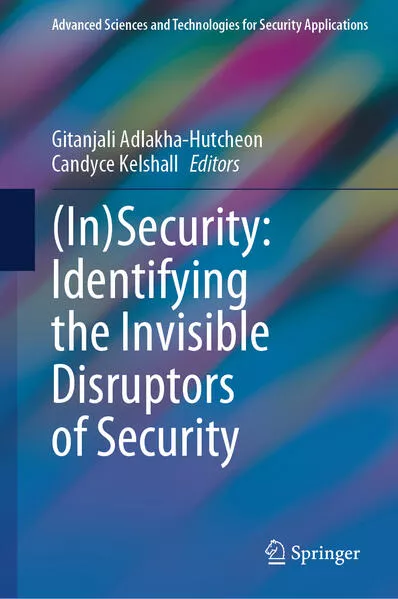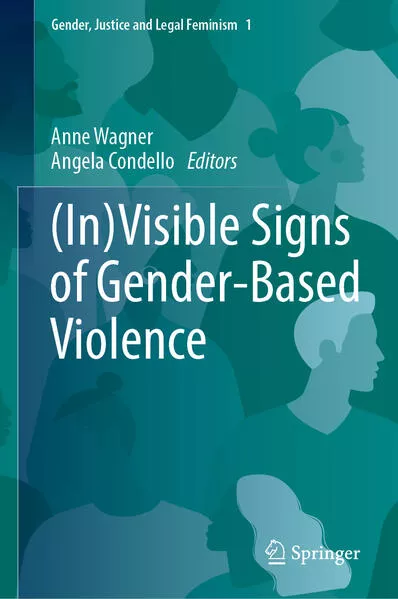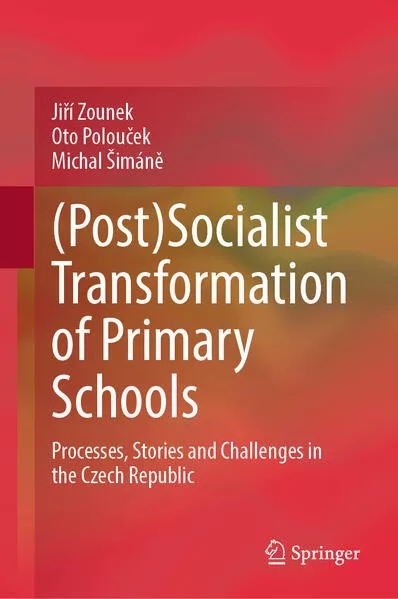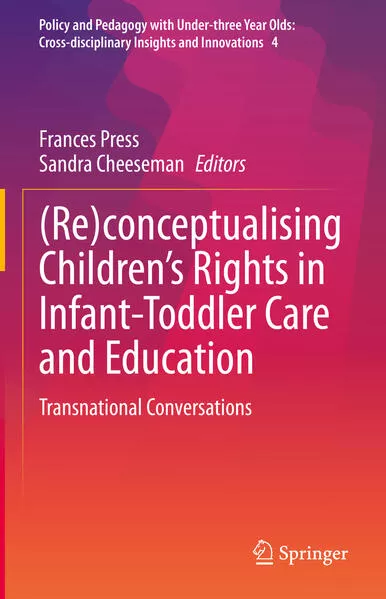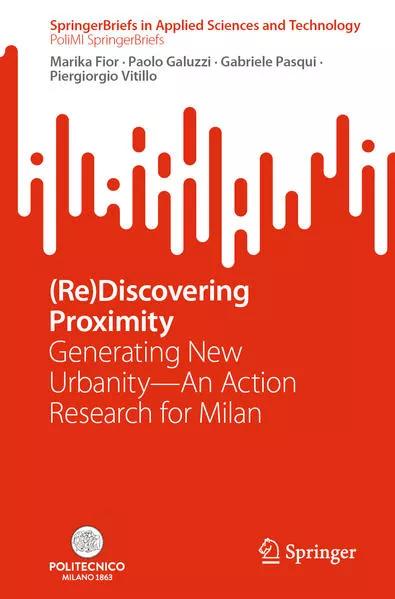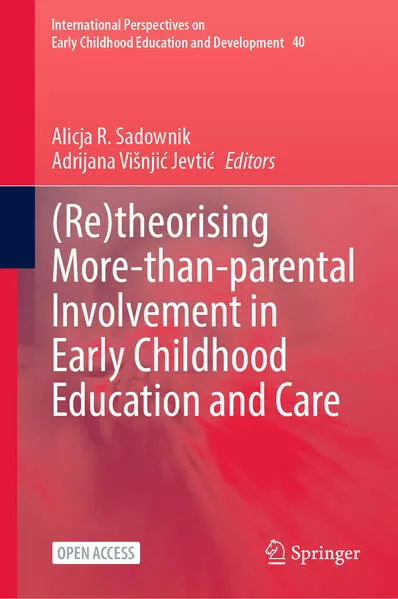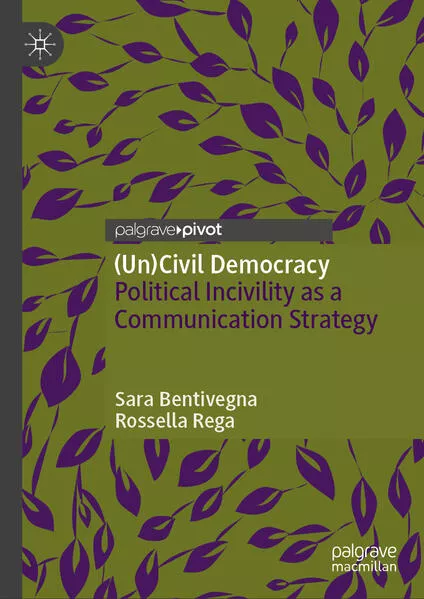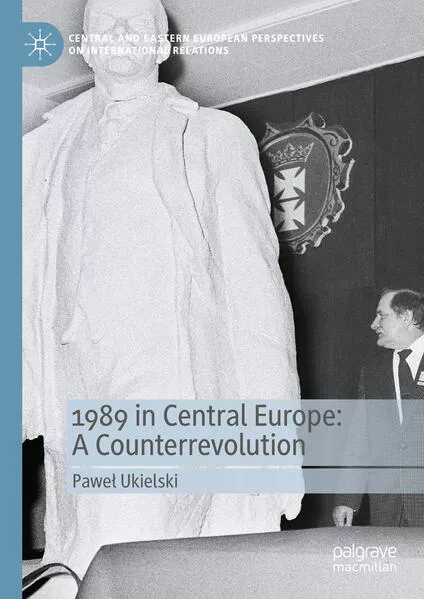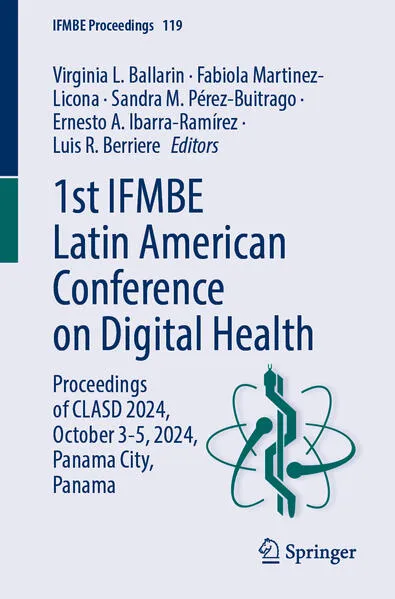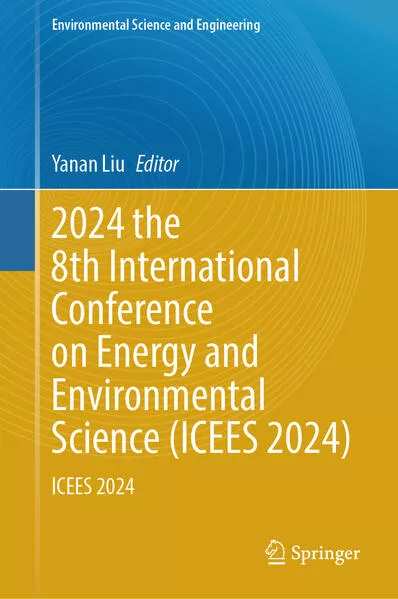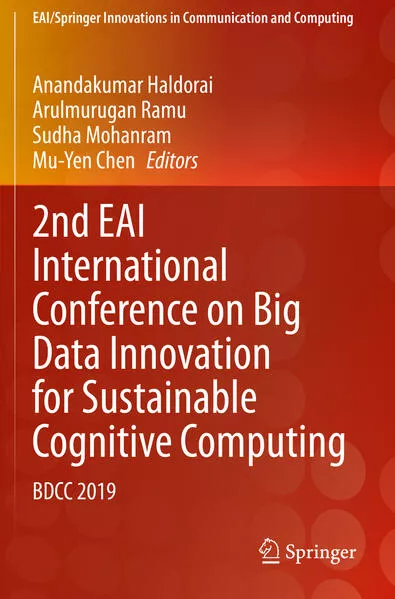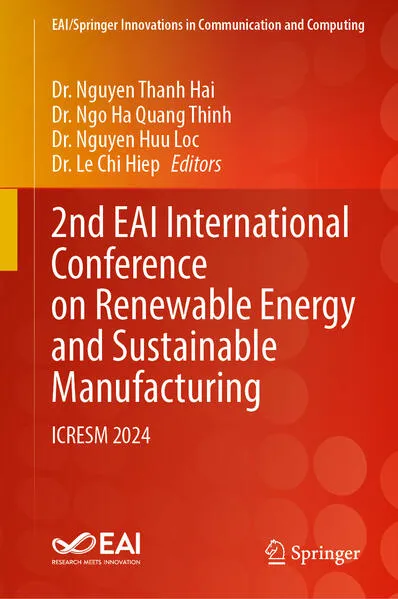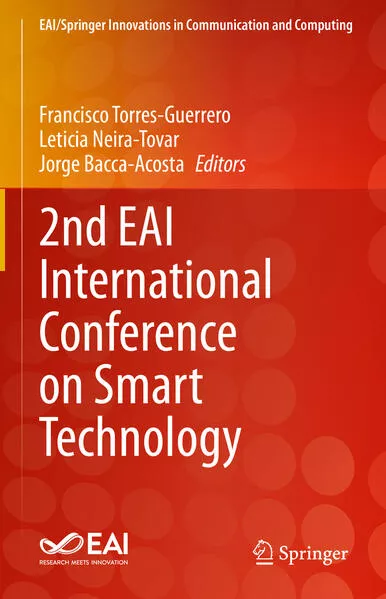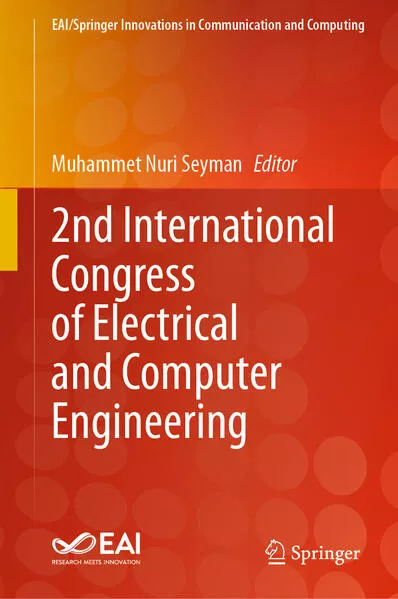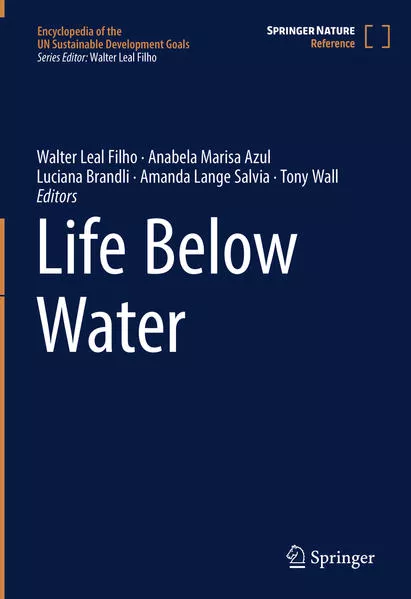
Life Below Water
The problems related to the process of industrialisation such as biodiversity depletion, climate change and a worsening of health and living conditions, especially but not only in developing countries, intensify. Therefore, there is an increasing need to search for integrated solutions to make development more sustainable. The United Nations has acknowledged the problem and approved the “2030 Agenda for Sustainable Development”. On 1st January 2016, the 17 Sustainable Development Goals (SDGs) of the Agenda officially came into force. These goals cover the three dimensions of sustainable development: economic growth, social inclusion and environmental protection.
The Encyclopedia of the UN Sustainable Development Goals comprehensively addresses the SDGs in an integrated way. It encompasses 17 volumes, each one devoted to one of the 17 SDGs. This volume is dedicated to SDG 14 “Conserve and sustainably use the oceans, seas and marine resources for sustainable development". Marine and coastal bio-resources, play an essential role in human well-being and social and economic development. This volume addresses this sustainability challenge providing the description of a range of terms, which allows a better understanding and fosters knowledge about it.Concretely, the defined targets are:
- Prevent and significantly reduce marine pollution of all kinds, in particular from land-based activities, including marine debris and nutrient pollution
- Sustainably manage and protect marine and coastal ecosystems to avoid significant adverse impacts, including by strengthening their resilience, and take action for their restoration in order to achieve healthy and productive oceans
- Minimize and address the impacts of ocean acidification, including through enhanced scientific cooperation at all levels
- Effectively regulate harvesting and end overfishing, illegal, unreported and unregulated fishing and destructive fishing practices and implement science-based management plans, in order to restore fish stocks in the shortest time feasible, at least to levels that can produce maximum sustainable yield as determined by their biological characteristics
- Conserve at least 10 per cent of coastal and marine areas, consistent with national and international law and based on the best available scientific information
- Prohibit certain forms of fisheries subsidies which contribute to overcapacity and overfishing, eliminate subsidies that contribute to illegal, unreported and unregulated fishing and refrain from introducing new such subsidies, recognizing that appropriate and effective special and differential treatment for developing and least developed countries should be an integral part of the World Trade Organization fisheries subsidies negotiation 16
- Increase the economic benefits to small island developing states and least developed countries from the sustainable use of marine resources, including through sustainable management of fisheries, aquaculture and tourism
- Increase scientific knowledge, develop research capacity and transfer marine technology, taking into account the Intergovernmental Oceanographic Commission Criteria and Guidelines on the Transfer of Marine Technology, in order to improve ocean health and to enhance the contribution of marine biodiversity to the development of developing countries, in particular small island developing states and least developed countries
- Provide access for small-scale artisanal fishers to marine resources and markets
- Enhance the conservation and sustainable use of oceans and their resources by implementing international law as reflected in the United Nations Convention on the Law of the Sea, which provides the legal framework for the conservation and sustainable use of oceans and their resources, as recalled in paragraph 158 of “The future we want”
Ulisses M. Azeiteiro, Anabela Marisa Azul, Luciana Brandli, Ernesto Brugnoli, Ana M. M. Gonçalves, Giulia Guerriero, Nathalie Hilmi, Walter Leal Filho, Filipe Martinho, Fernando Morgado, Saleem Mustafa, Nidhi Nagabhatla, Melissa Nursey-Bray, Jessica M. Savage, Teppo Vehanen
Unterstütze den lokalen Buchhandel
Nutze die PLZ-Suche um einen Buchhändler in Deiner Nähe zu finden.
Bestelle dieses Buch im Internet
| Veröffentlichung: | 27.04.2022 |
| Höhe/Breite/Gewicht | H 25,4 cm / B 17,8 cm / - |
| Seiten | 1110 |
| Art des Mediums | Buch [Gebundenes Buch] |
| Preis DE | EUR 481.49 |
| Preis AT | EUR 494.99 |
| Reihe | Encyclopedia of the UN Sustainable Development Goals |
| Reihe | Encyclopedia of the UN Sustainable Development Goals |
| ISBN-13 | 978-3-319-98535-0 |
| ISBN-10 | 3319985353 |
Über den Autor
Professor Walter Leal Filho (BSc, PhD, DSc, DPhil, DEd, DL, DLitt) holds the Chairs of Environment and Technology at Manchester Metropolitan University (UK) and of Climate Change Management at the Hamburg University of Applied Sciences (Germany), where he directs the Research and Transfer Centre „Sustainability Development and Climate Change Management”. His main research interests are in the fields of sustainable development and climate change, also including aspects of climate change and health. He holds various doctoral degrees. He is a member of the Society of Biology, Royal Geographical Society (FRGS), and Linnean Society (FLS). His field experience in over 70 countries, involves missions undertaken on behalf of various international organisations (e.g. European Union, World Bank, OECD, UNESCO, UNEP) and attendance to specialised events in North America, Latin America/Caribbean, Europe, Africa, Asia and Pacific Region, and the Middle East. Among the many awards he has received, it can be mentioned the 1999 “Leading Editor of the Year Award” and the 2000 “Editor of the Year Award”, by MCB University Press, the “Eco-Citizen Award” (2001) in Rio de Janeiro and the Aurelio Giuseppe Prize awarded by the Italian Council of Ministers for his environmental work. Moreover, he was awarded the “Golden Page Award” (April 2003) in London for his editorial work and the North Sea Star Award (2006) by the EU-Interreg Secretariat for his project work in the North Sea Region. In the field of sustainable development, Professor Walter Leal is the founder of the European School of Sustainability Science and Research and of the Inter-University Sustainable Development Research Programme (IUSDRP). Apart from being author, co-author, editor or co-editor of over 150 books and journals, Professor Leal has published in excess of 300 articles in journals. Having undertaking sustainability and climate change projects round the world, he is a seasoned editor and project manager.
Diesen Artikel teilen
0 Kommentar zu diesem Buch
... weitere Publikationen von Leal Filho, Walter
.... weitere Publikationen von Springer International Publishing
Kinderbuch »Lasse und Juna - Total versteinert!« – Wikingerabenteuer mit Mut, Freundschaft und Entdeckergeist
Bewerbungsfrist bis zum: 05.03.2026